Training with race nutrition
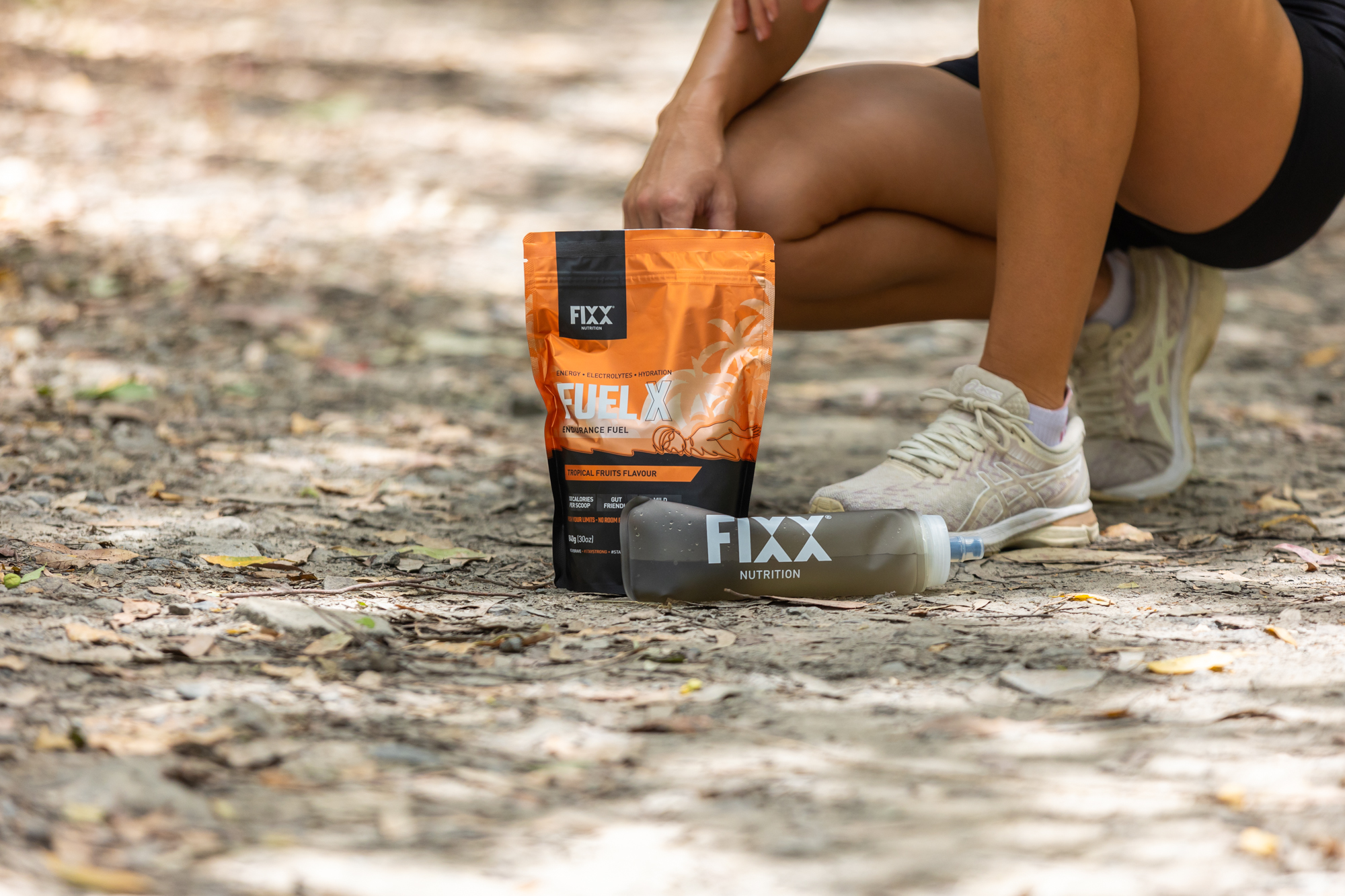
Training the gut is like training your running muscles, it takes time and needs careful planning. During training you should be trying to mimic the carbohydrate intake you are planning to do in your race. You should build up towards achieving your target race intake. It’s recommended that you start at least six weeks prior, but ideally up to ten weeks before your event. Certainly don’t try any new nutrition strategies on race day!
Knowing your energy requirements and nutrition reminders
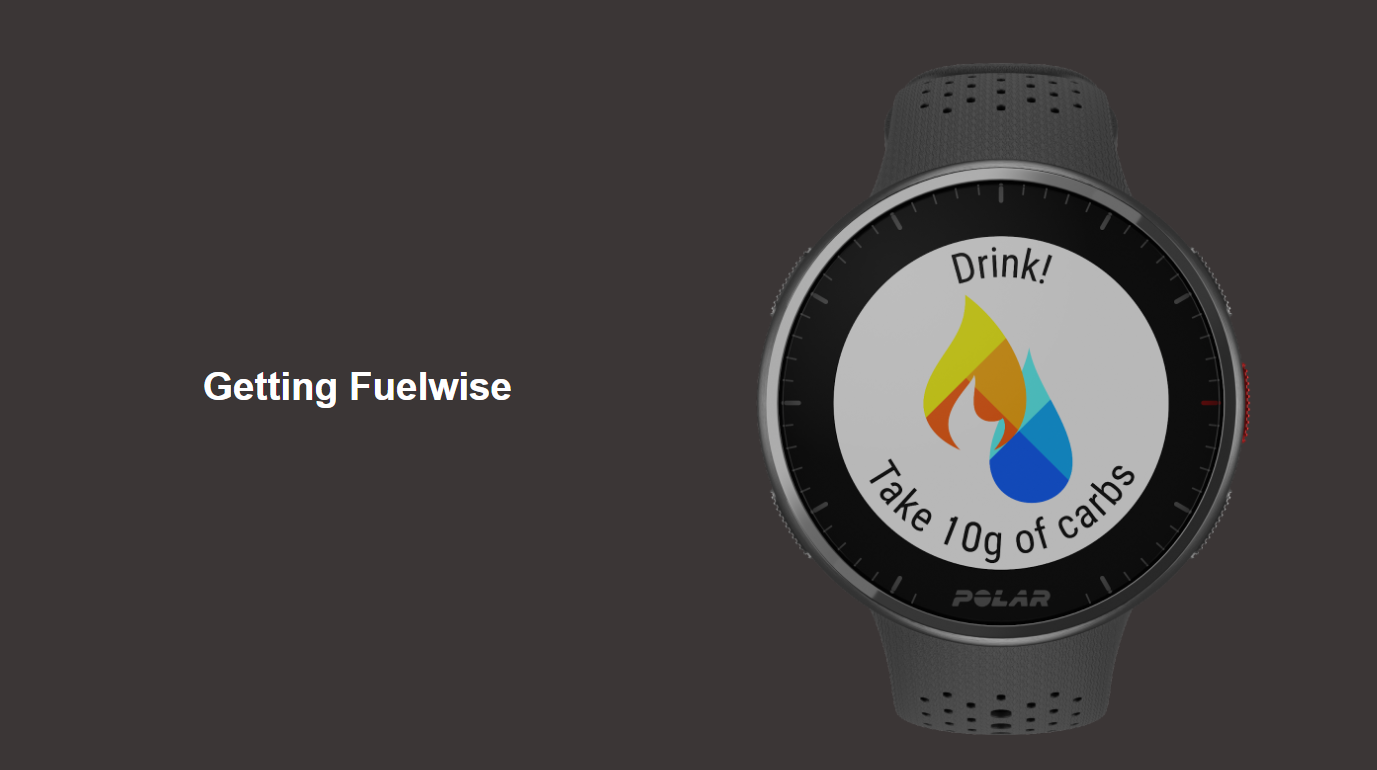
The great news for runners is that with a Polar watch, you’ll get access to the most accurate way to measure your heart rate, and as a result the calories that you specifically use during different training runs, races and your daily life. This is a great way to ensure that you’re getting fuel wise about the amount of nutrition you’ll need to maintain for a good performance.
The running watches also have a built-in assistant so you can easily craft a fuel plan for your race, including personal reminders for when to take fuel on board, as well as hydration. This means you don’t have to worry about tracking your fueling, and can focus on your running instead.
Race nutrition
The day/night before a race you should be aiming for a low fat, low fiber, simple carb rich meal with lean protein. Having a good/early breakfast the morning of the race is also important to replace liver glycogen lost overnight.
Ray Day:
- 5/10 km: fueling is not necessary. Some mouth swirling of carbohydrate during may help
- 21 km: it is recommended to take between 20-45 grams of carbohydrate per hour
- 42 km: aim for roughly 60 grams of carbohydrate per hour, if you have trained your gut well. Do not try this for the first time in your marathon!
For more detailed guidelines, do ensure you’ve check out the video content linked above.
Recovery nutrition
Once you’ve run it’s time to start focusing on foods to assist with recovery, making sure you get the right nutrients in helps to reduce training and race effects. It’s important to get both carbohydrates and protein within 30 minutes of your effort.
Guidelines for post race refueling include 1g/kg body weight of carbohydrate soon after your race. Then continue with 1g/kg for the next four hours.
With protein, the target should be to consume a protein right food providing 20-25g of protein to help repair muscle damage.
Again for more guidelines and examples, do ensure you’ve check out the video content linked above.
The NEW Polar Pacer series of running watches
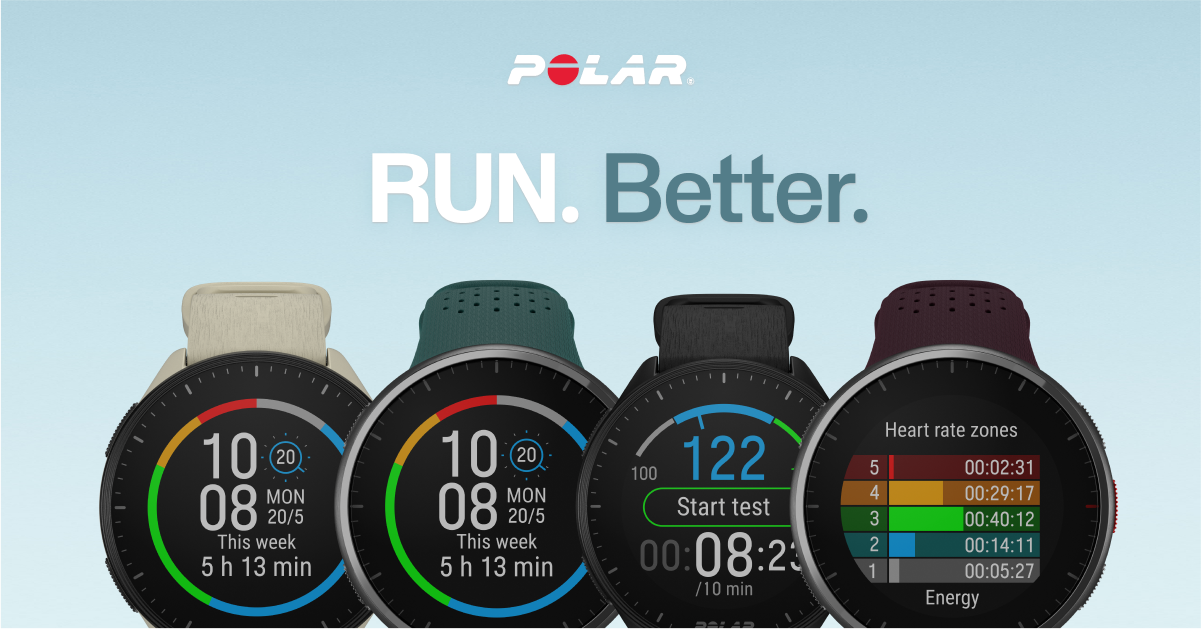
To help support runners, Polar have released our brand new running watches – the Polar Pacer series. Whether you are chasing PB’s or looking to fall in love with running, they offer the runner everything you need to do one simple thing: Run.
Incredibly light, purpose built running watches, checkout the all new Polar Pacer running watches today. Shipping now, free and fast delivery.
Polar Running Club
If you are looking for the best running content, simply sign up and verify for the Polar Running Club, it’s free.



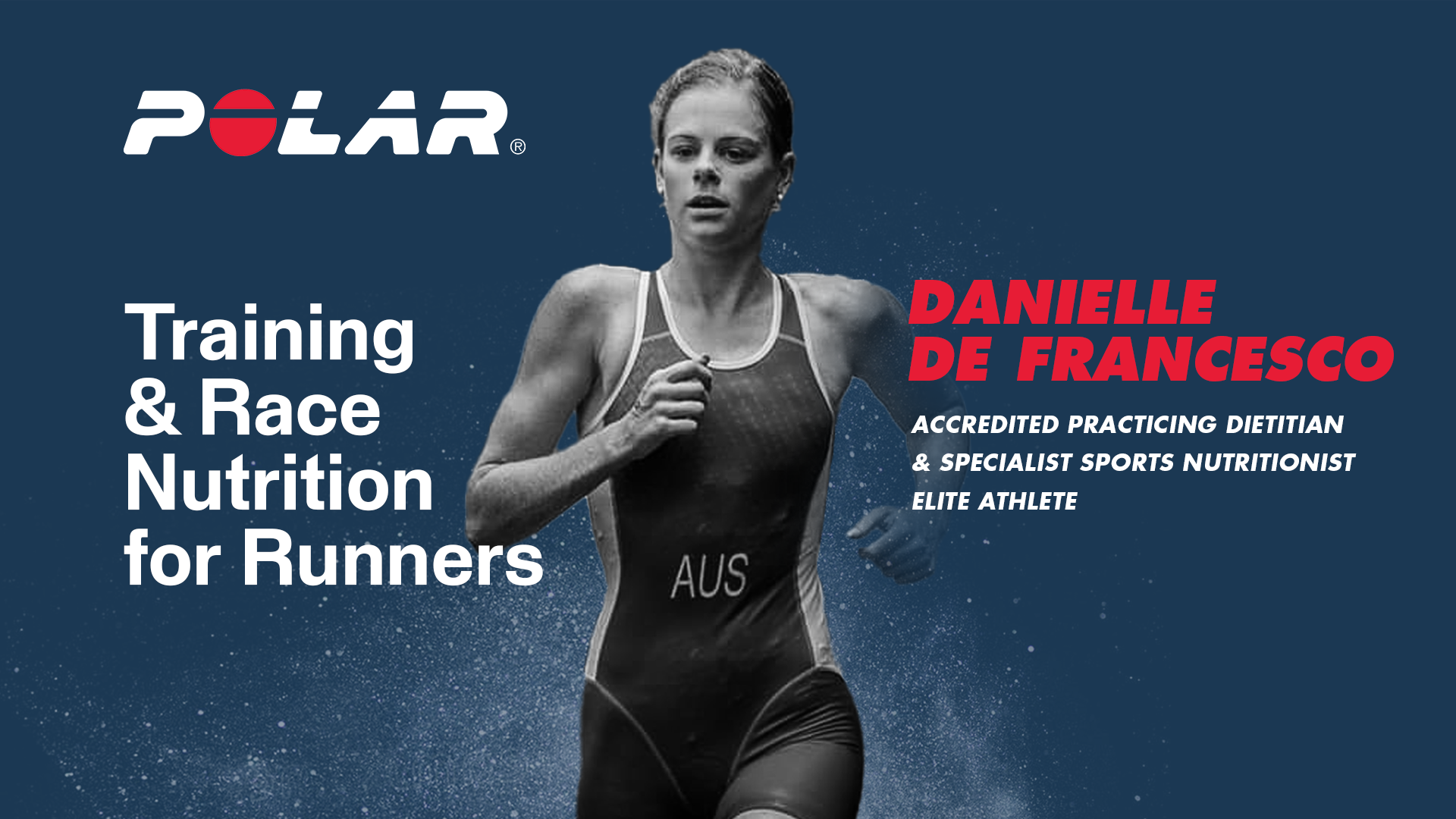




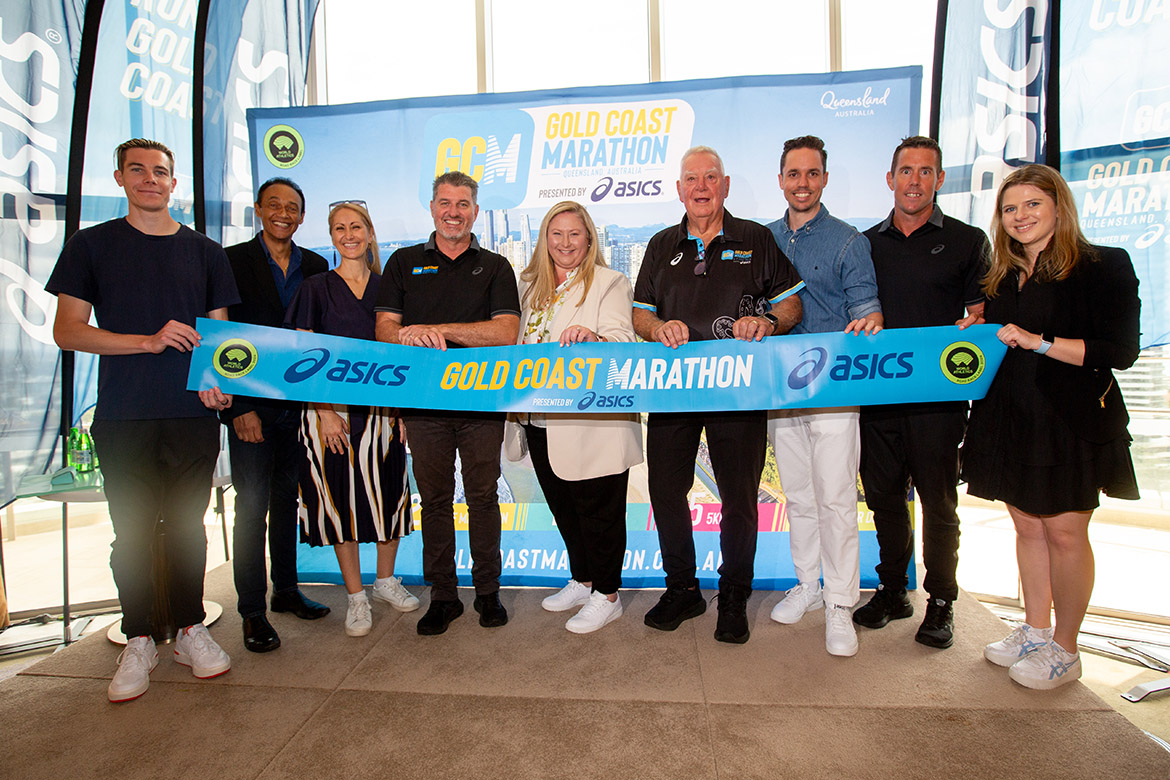
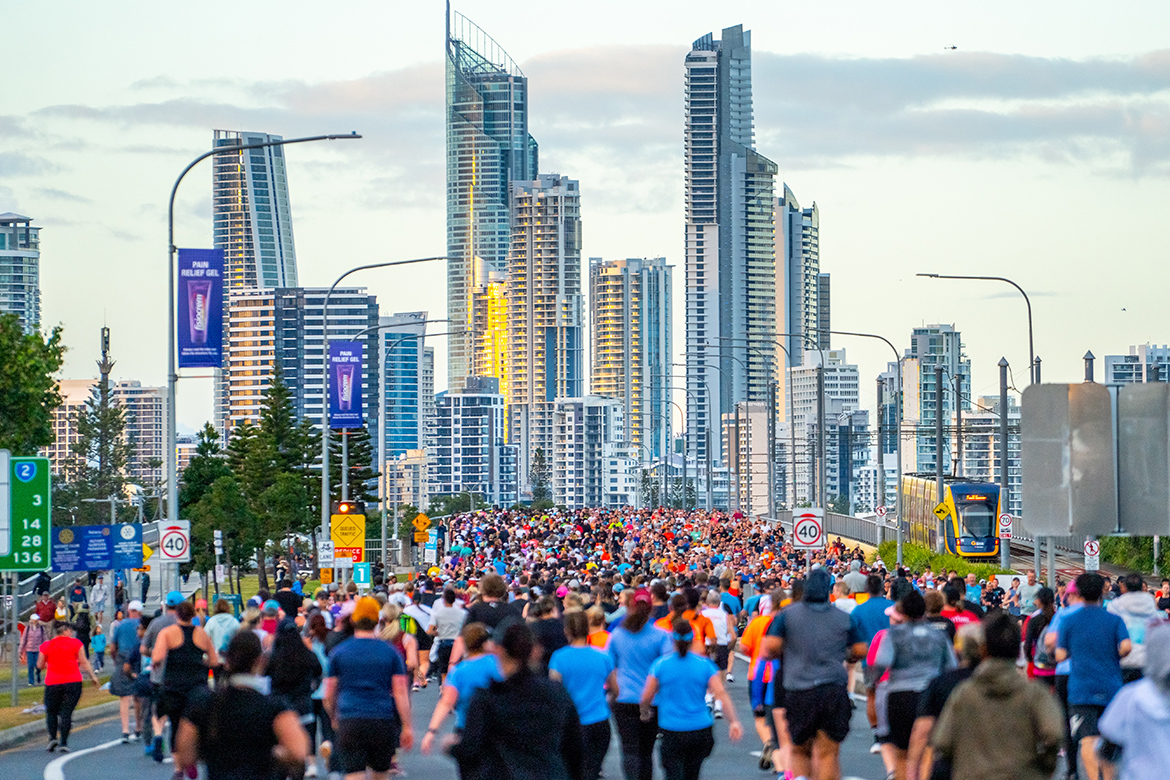
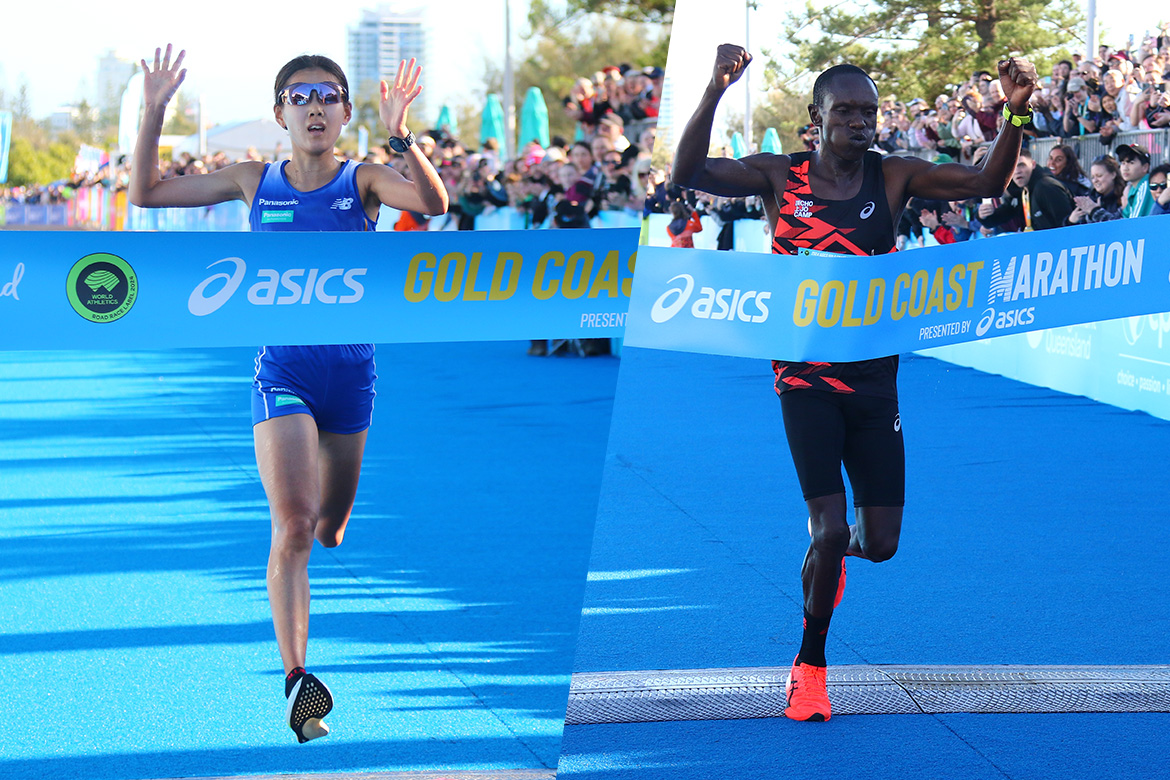

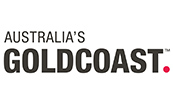
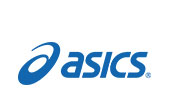


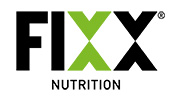









RUNNERS. TAG YOUR PHOTOS WITH #GCM25